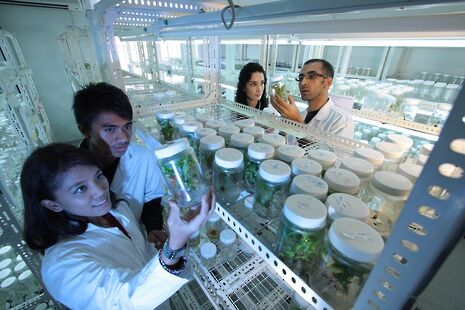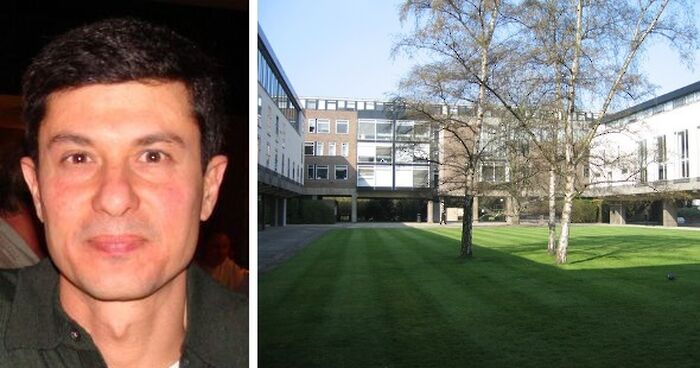Cambridge researchers fight back against ‘bad science’
A group of junior researchers at Cambridge have established a campaign against the damaging pressure to produce “sexier” results

A group of junior researchers at the University of Cambridge have established a campaign to reduce the pressure faced by scientists to produce “sexier” results, which they say can lead to inaccurate research work.
The campaign, called ‘Bullied into Bad Science’, aims to push back against a research environment where scientists are continually being asked to produce results which are eye-catching and exciting, and worthy of publication in prestigious journals. More dramatic results can also lead to better success in securing grant funding. The pressure to get published and win funding, campaigners say, lures some scientists to cut corners in their work, and in some cases even falsify their results. Last month, it was announced that US biochemist Frank Sauer had been banned from receiving federal funds for five years, after images published by him in grant applications and journal articles - including the influential Nature and Science - were found to have been doctored. Several other high-profile cases have also emerged of US scientists using doctored results to secure millions of dollars of funding.
The founders of the campaign, which has attracted the support of more than 50 academics in universities in both the UK and US, also say that “ethical” open-access journals, which make publicly-funded scientific results available free to the public, are being discriminated against in favour of more prestigious journals, which charge readers a subscription fee to read articles. University officials and senior academics will often look at the number of articles published by a scientist, and where they were published, when deciding whether to offer them a position at their institution.
As part of their campaign, the Cambridge researchers have published a letter, which they are encouraging other junior researchers to sign, emphasising their commitment to DORA, the Declaration on Research Assessment, which recognises the need to improve the ways to improve the culture of scientific research. The letter also highlights the importance of publishing results in open-access journals, where they can be subject to greater scrutiny.
Founder of the ‘Bullied into Bad Science’ campaign Corina Logan, a Leverhulme early career zoology research fellow at Cambridge, told The Times that junior researchers faced mounting pressure from senior academics to produce exciting results. “Stop pressuring us, especially when we are making choices that are good for science and good for academia. We might have inherited this crazy, broken structure that supports bad science, but we don’t have to perpetuate it.”
Speaking to Varsity, Logan explained that she had started the movement “in response to the feedback I received after giving talks on how we researchers exploit ourselves and discriminate against others through our publishing choices.
“Early career researchers often come up to me after these talks to say they would like to publish ethically but feel like they can’t because their supervisor won’t let them or they are reluctant to because they have heard that they need to publish in particular journals to be able to get jobs and grants.”
She also described the problems that exist in the scientific publishing industry, saying, “Journals that are traditionally considered prestigious often select what to publish based on their (subjective and often inaccurate) predicted impact on the field.” To get published in these journals, she explained, researchers “may engage in poor research practices” which lead to “sexier” results. She also alleged that for many publications, “papers are selected not based on their rigour, but on personal relationships,” and stressed the need for “open practices” which “expose the data so that the quality of the research can actually be evaluated”
 News / Colleges charge different rents for the same Castle Street accommodation2 March 2026
News / Colleges charge different rents for the same Castle Street accommodation2 March 2026 News / News in Brief: waterworks, wine woes, and workplace wins 1 March 2026
News / News in Brief: waterworks, wine woes, and workplace wins 1 March 2026 News / Climate activists protest for ‘ethical careers policy’1 March 2026
News / Climate activists protest for ‘ethical careers policy’1 March 2026 News / Angela Merkel among Cambridge honorary degree nominees27 February 2026
News / Angela Merkel among Cambridge honorary degree nominees27 February 2026 News / Private school teacher who lied about Cambridge degree barred from teaching27 February 2026
News / Private school teacher who lied about Cambridge degree barred from teaching27 February 2026









